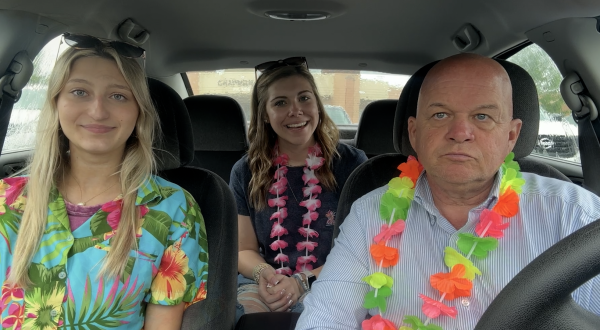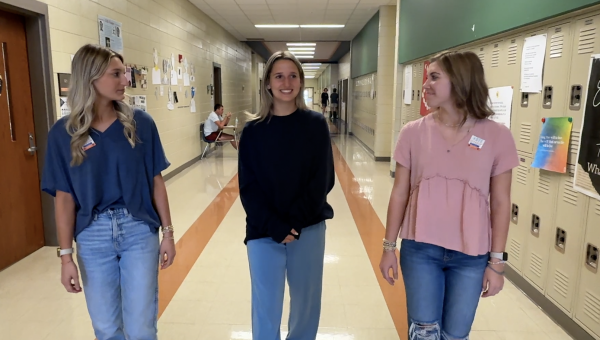Helping students deal with trauma
For most students, high school is an extremely difficult time. Between stressful classes, trying relationships and countless other demanding commitments, these four years can take a massive toll. However, one hardship that can’t be seen is the trauma that some students go through that adds even more stress and turmoil to their lives.
Chapman offers many resources to students suffering with both acute and sustained traumas in their lives, but the hardest part about helping students is being able to recognize that they need help.
“Mental health is important, and (traumas) are things that can range from students who have lived through sustained, long-term events or just a crisis situation,” Assistant Principal Amy Driggers said. “Some signs that you may attribute to being a teenager may be a lot more serious than that.”
The Child Mind Institute supports this idea: “Kids often don’t express the distress they’re feeling… they may mask their pain with behavior that’s aggressive or off-putting.”
Deana Rollins, District One’s trauma informed interventionist, works with teachers and students to help students who may be dealing with trauma.
In order to find students who need help, Rollins works with teachers to help them learn the symptoms of trauma so that they are able to identify students who may be affected. Every student is different, so teachers and administrators have to work on a case-to-case basis.
As an interventionist, Rollins is involved once teachers and administration decide they need to get her involved, and she works to help connect them with resources to help a student.
Rollins is available to help connect students and teachers to resources, but there are also many resources students can access on their own.
Guidance counselors are always available to talk with students and help them work through issues they may be having. The “Mind Matters” Google Classroom is available for all students to join and is loaded with resources for students struggling with various mental illnesses.
Lastly, teachers are an extremely helpful resource for struggling students. While they are trained to help students dealing with difficult situations, most of their assistance comes with just talking to students about what they’re going through. Teachers are typically the first to recognize and address changes in behavior, and are always there to help.
Many students are embarrassed or scared to talk about a trauma they’ve gone through or are going through, but it’s important to teachers and administration that students get the help they need so that they can succeed and be happy and healthy.
For students: The Mind Matters Google Classroom code is rcqz4yd, and any of the guidance counselors are available through their school emails or by stopping by any one of their offices.
Your donation will support the student journalists of Chapman High School. Your contribution will allow us to purchase equipment and cover our annual website hosting costs.





